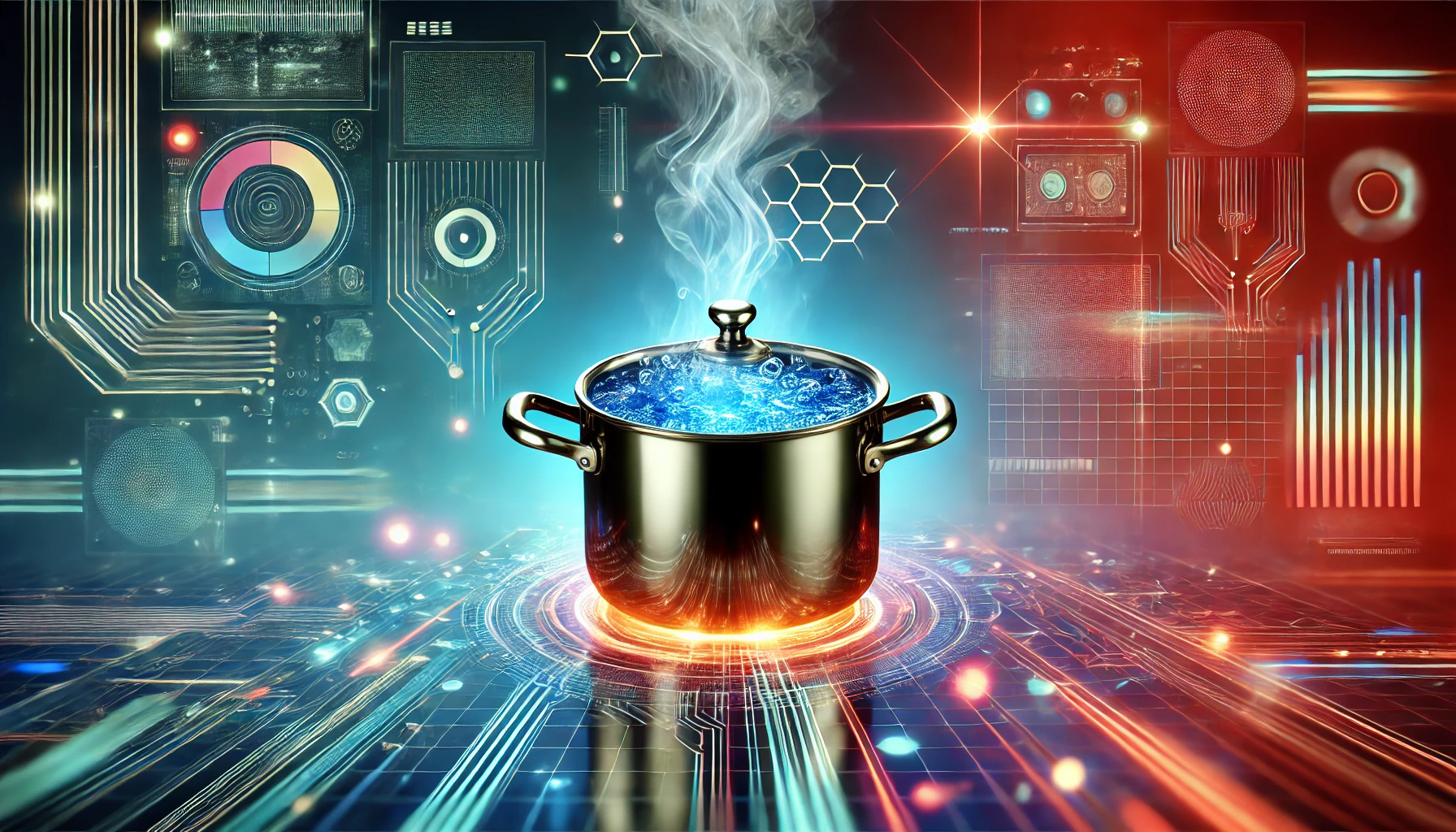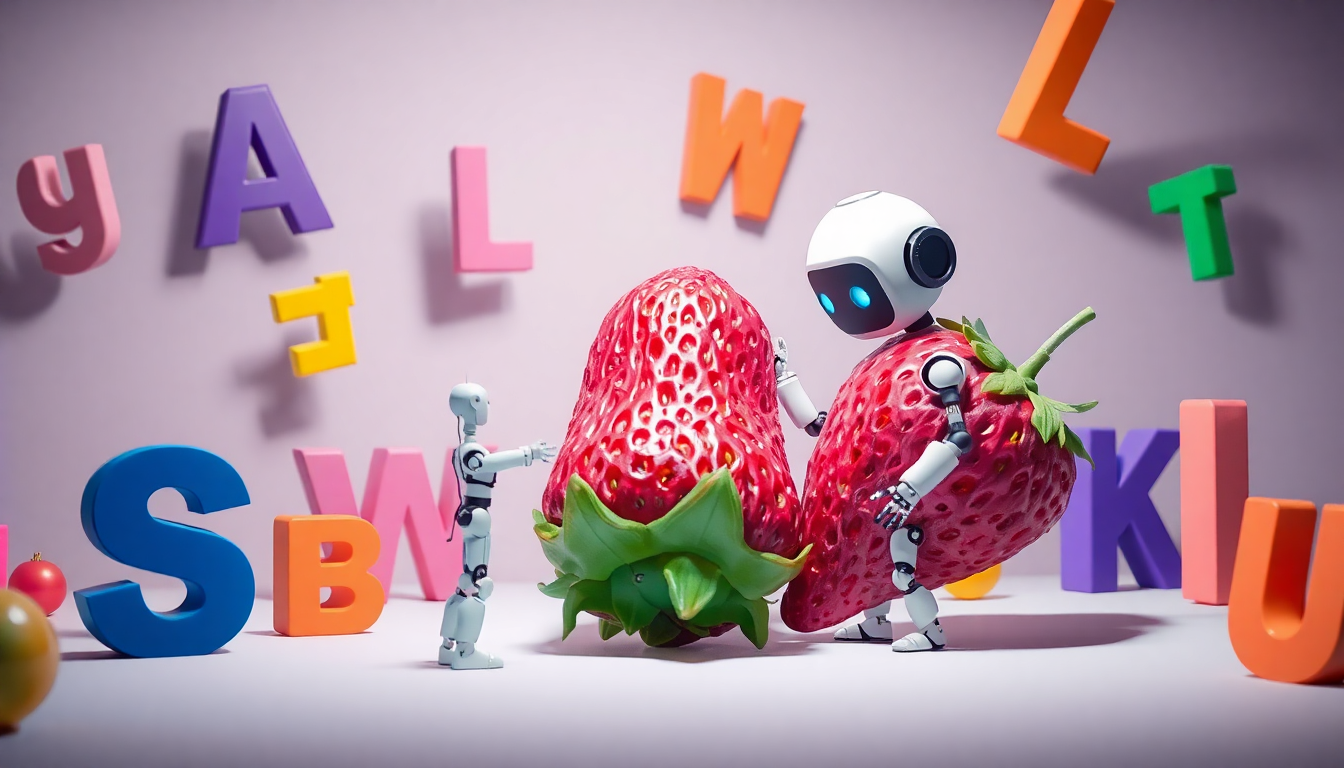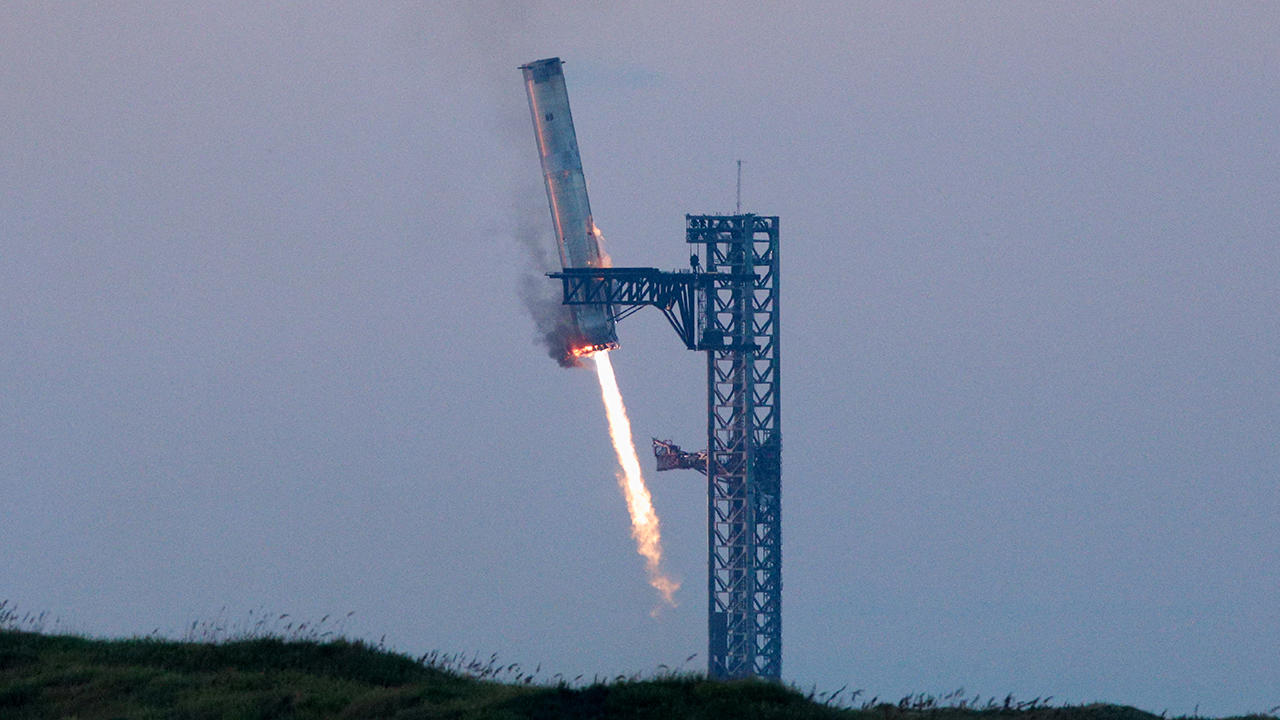Let me start with a story, a classic one about frogs. Now, before you click away, hear me out. Imagine a frog in a pot of cold water. Slowly, the heat turns up. The frog is too comfortable to notice. Eventually, it’s too late—the water is boiling, and the frog is done for. This is where we are with artificial intelligence (AI), folks, and most of us are still sitting in the water, blissfully unaware that it's about to boil over. I’ve been that frog, too. But unlike most, I’m trying to jump out before it’s too late. Let me explain why you should be doing the same.
We’re witnessing an AI revolution that will reshape every aspect of life. And no, this isn’t some far-off “Black Mirror” scenario. It’s happening right now. AI is smarter than ever, rapidly learning tasks we thought were exclusive to human brains—writing, diagnosing diseases, solving complex problems, even folding proteins in ways biologists couldn’t. But while most people are still marveling at their AI-generated essays, the water’s heating up fast, and we’re all in the pot.
A World of Boiling Water: The AI Singularity is Here
What does the AI future hold? It's not some distant vision—it’s here, and it’s moving faster than we ever imagined. AI isn’t just playing chess better than grandmasters; it’s becoming smarter than Einstein (no, really). Current AI systems are hitting IQ levels of 155, surpassing many human minds. You know Elon Musk is sitting at about 155 IQ, right? And we all know how much of a game-changer he is. Now imagine millions of AI systems with this brainpower, working simultaneously to outthink us.
Let’s not sugarcoat it—this is the beginning of the AI singularity, an event horizon where the rules of the game change so dramatically that we can’t even predict what’s coming next. In other words, we are about to enter a future where the smartest “person” in the room won’t be a person at all. Welcome to your new AI overlords, people.
But here’s the thing: AI isn’t the problem. The problem is how we humans will use it. If you hand a superpower to a two-year-old, chaos ensues. We have this incredible technology in our hands, but are we mature enough to use it responsibly? That’s the million—or should I say trillion—dollar question.
From Utopia to Dystopia: The Two Sides of AI’s Future
Let’s get one thing straight—AI can take us to a world of absolute abundance, a utopia. Imagine a future where energy is free, where we’ve solved climate change, poverty, hunger, and disease. Sounds good, right? This could be the best-case scenario, a world where AI helps us live like Roman emperors but without all the gladiator fights.
But—and this is a big but—there’s also a darker, dystopian side to this future. Picture a world where the concentration of power and wealth is so extreme that trillionaires emerge while the rest of us scramble to adapt to a jobless society. Sure, AI will do all the heavy lifting, but the ones who own the machines will become the new emperors, and the rest of us? Well, we might be boiling in that pot, wondering how we got here.
The Power of Wealth: AI Will Create Trillionaires, Not Billionaires
We’re not talking about Jeff Bezos or Mark Zuckerberg anymore, folks. The future belongs to trillionaires. Why? Because whoever controls AI will have control over the world’s most powerful form of automation. Forget factories and farm equipment—AI is the automation of intelligence itself. Those who harness it will dominate everything from retail to warfare. And the gap between the haves and have-nots? It's going to get a lot wider, trust me.
Think of it this way: Back when we were hunter-gatherers, the best hunter might have had a little more food than the rest of the tribe. Fast forward to the Industrial Revolution, and factory owners got obscenely rich while workers slaved away. Now, with AI, we’re seeing the next step in that evolution—those who own the “smartest” machines will run the world.
Human Connection in the Age of AI: How We’ll Long for Genuine Interaction
The irony? As AI becomes more human, we might become less so. We’re already seeing this with AI influencers, virtual friends, and—believe it or not—AI girlfriends. Yup, loneliness has driven some people to bond with their AI companions. It’s like the movie Her with Scarlett Johansson as the voice of the AI. Except it’s not a movie anymore.
While AI can chat, laugh, and even sing along with us, there’s something about real human connection that will become invaluable. We’ll crave it, and those businesses and people who prioritize genuine human interaction will win in the long run. Machines can do a lot, but they can’t give you a hug (yet).
The End of Truth: Can We Still Trust What We See?
Now here’s a twist you might not have thought about: In a world dominated by AI-generated content, how do we even know what’s real anymore? The lines between reality and AI fiction are already blurring, and it’s only going to get worse. Social media, news, marketing—everything will be so precisely tailored by AI that we won’t know what’s authentic. Trust will become a rare commodity, and those who remain honest, transparent, and real will thrive.
So, What Should You Do?
I’m not here just to scare you (well, maybe a little), but there are things you can do to survive and thrive in this boiling pot of AI. Here are three things you should start doing now:
-
Learn the Tools: AI is here, whether you like it or not. You don’t need to master coding, but you do need to understand how to use AI tools like ChatGPT and Gemini. Ask these tools what AI innovations are relevant to your industry and how you can use them. No excuses—just start.
-
Find the Truth: Not everything you read or hear is true anymore, especially in the AI era. Be skeptical, do your research, and find the real truth. In a world of fake news and AI-generated misinformation, this skill will be invaluable.
-
Prioritize Human Connection: Machines can do a lot, but they can’t replace genuine human connection. Businesses and people who focus on building authentic relationships will stand out in the AI age. Be that person.
Your Move
So, here we are—frogs sitting in the pot, feeling the water heat up. The question is, will you jump out before it’s too late? Or are you going to wait until the AI singularity has already changed the world beyond recognition?
What do you think? Is AI a blessing or a curse? How are you planning to adapt to the coming changes? I’d love to hear your thoughts in the comments. Join the conversation and become part of the iNthacity community, where we’re not just watching the future unfold—we’re shaping it. Apply to become a permanent resident, then a citizen of the "Shining City on the Web".




















Post Comment
You must be logged in to post a comment.